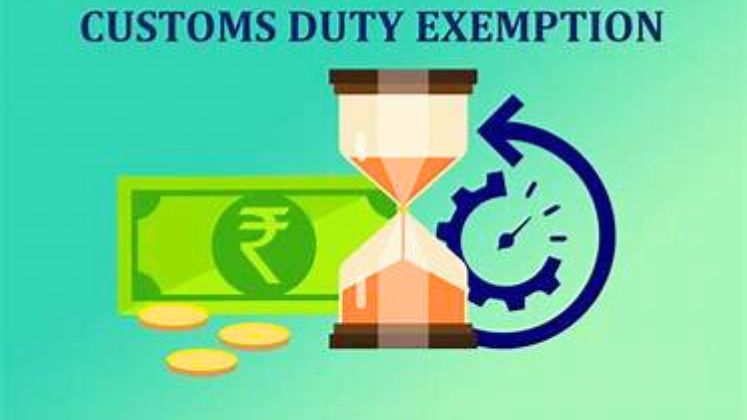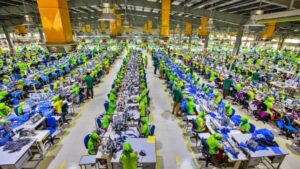
Despite Bangladesh’s low tax-to-GDP ratio and the International Monetary Fund’s (IMF) recommendation that such expenditures be rationalised, the National Board of Revenue (NBR) has historically extended tariff exemptions.
According to NBR officials, the purpose of these exemptions is to encourage exports, regional industrialisation, and fair prices for basic goods.
Various sectors, industries, and agricultural operations were given duty exemptions totalling Taka 33,729 crore by the tax administration during the fiscal year 2022-2023. Indirect tax spending includes these exemptions.
This was almost 20 per cent more than the prior year and 47 per cent more than the tariff exemptions awarded in FY ’21. The details were made public by the NBR in its Customs Tax Expenditure Report 2022–2023. The tax administration initially made the data public in response to an IMF loan request of US $ 4.7 billion.
Though it was set to expire in November 2026, the multilateral lender’s advise to rationalise tax exemptions in light of the country’s status as a least developed country proved to be ineffective.
According to the NBR analysis, the sector that profited the most in FY ’23 was the power sector, which received around Taka 7,000 crore, or 20.50 per cent of the total share.
The manufacturing and defense industries accounted for the highest proportion of tariff exemptions, with 17.69 per cent going to exemptions for capital machinery imports.






